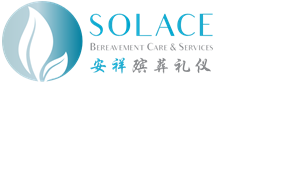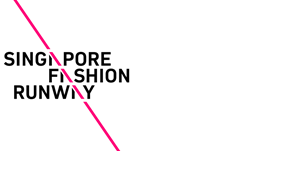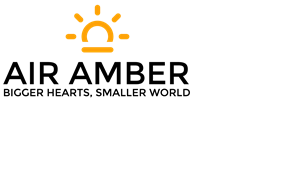The overall objective of this module is to build and develop students' competency in leadership and teamwork skills. The course employs both a theoretical and an experiential learning approach with the aim of fulfilling the objectives as outlined below.
Students will gain knowledge and skills about leadership development and team-building skills based on theories, principles, concepts, application, exercises/class activities, self-assessments/instruments, and experiential learning.
Central to the course is a group project that takes the form of an action-based and experiential assignment, where student groups work with an industry partner with the aim of achieving innovative solutions for the company or organization. Based on this experiential learning, students will gain the practical aspects of the process of teamwork and team leadership.
The ultimate aims and objectives revolve around learning from the process of the group project lessons on both leadership and teamwork.
The outcomes of the group project for students are outlined as follows:
(i) Students will learn lessons on both leadership and teamwork based on lessons learnt inside and outside of classroom.
(ii) As students work on a real-life project with an industry partner students will gain fresh insights gathered from the experiential process afforded them.
(iii) Students also learn about leadership from either the various stakeholders they are working with or from other primary or secondary sources.
(iv) Students will also learn lessons on teamwork based on their interactions working on their group project as well as all other class activities related to the module.
(v) Students will also fulfil other learning objectives that include cognitive and academic development as outlined below in the section, 'Learning Objectives'.
Leadership:
• Appreciate the value of experience and action-based learning that integrates understanding of major leadership paradigms and leadership theories from an inter-disciplinary perspective
• Engage analytical, problem-solving & reasoning skills to critically appraise various theories and perspectives of leadership
• Apply the various leadership traits and behavior as well as different leadership style such as charismatic & transformational leadership, principles of stewardship & servant leadership, collaborative, authentic leadership and other such recent leadership approaches in a VUCA world
• Appreciate being open-minded & sensitive to individual differences and embrace uncertainties
• Understand how leaders can set or influence the ethical tone by applying Kohlberg’s model of moral development
• Learn more about leadership through their group project work, class activities, readings, etc.
Teams and Groups:
• Understand major theories and perspectives of group dynamics and group leadership
• Learn more about teamwork processes through working on a real-life group project with an industry or community partner
• Throughout the group project students will learn to collaborate and employ innovative skills in using their
expertise, knowledge to contribute to the needs of the partnering industry or community based
organization
• Understand different methods of communication and appreciate how to effectively communicate and manage conflict, if any, and learn to overcome challenges within their respective group as well as with their respective external stakeholders
• Develop a detailed work schedule and strategies among teams, and understand how to form, lead and manage work teams
• Acquire some level of resilience through self-directed and group-directed learning that includes embracing uncertainties, overcoming challenges, etc.
Academic and Professional Capabilities:
• Understand and gain qualitative fieldwork skills such as how to conduct interviews and carry out a needs analysis or survey in an ethical manner
• Formalizing report writing with integrity and honesty

Students researched and suggested ideas to improve disadvantaged communities through sustainable engineering solutions.

Students suggested ideas on how to approach taboo issues relating to funerals and death, and Solace is able to change such perspectives into doing good for the community at large.

Singapore Fashion Runway (SFR) is a social enterprise that nurtures people with special needs/ disadvantaged groups through its Fashion for a Social Cause movement. Through our enterprise, the disadvantaged communities learn about Creative arts (design, art, crafts-making and photography), Performing arts (modelling, dance, singing and public speaking) and/ or Entrepreneurship (retail management, events management and online business), so that their talents are presented in our Singapore Fashion Runway shows. Students proposed ideas and strategies to optimise the SFR centre to different stakeholders, promote the 'Fashion for a Social Cause' movement, and to train/prepare persons with disabilities in managing the SFR convenience store and suggested ways to keep the store sustainable.

Students provided perspectives and developed outreach plans to education institutions on Air Amber's Responcity programme -- an innovative social emotional learning programme that develops, measures, and assesses critical thinking skills in youths.